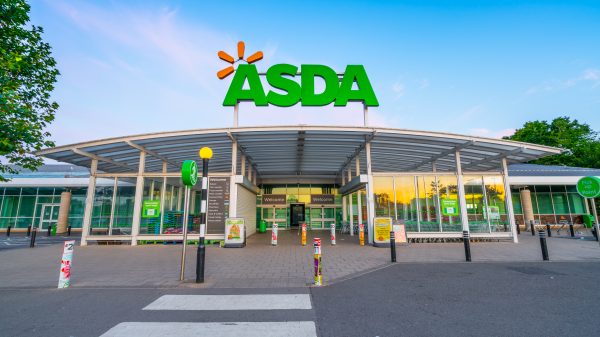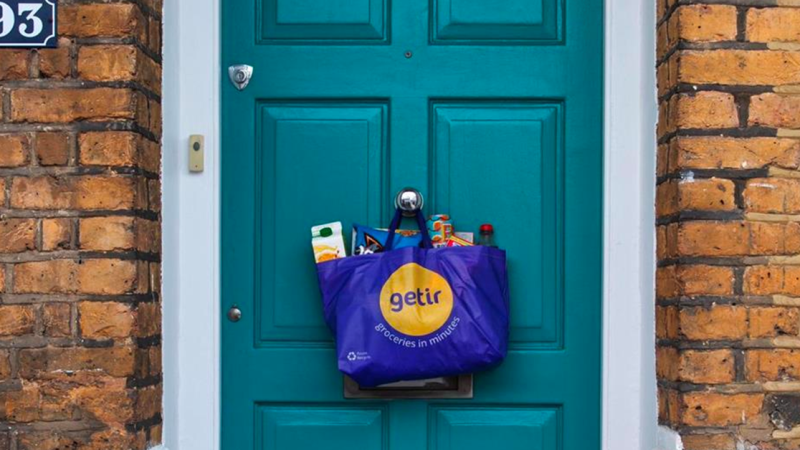Asda has revealed that financial pressures facing UK households eased slightly last month – with a 4.5% increase in disposable incomes year-on-year – marking the strongest annual growth rate since September 2021.
According to Asda’s latest Income Tracker for July, the amount households had to spend on themselves after paying taxes and essential bills was up by £9.48 a week compared to the same period a year earlier.
Disposable income increased to £6.09 per week, taking the average disposable income to its highest value since March 2022, at £218 per week.
This is slightly higher compared to June, where disposable income rose by £5.74 a week to an average of £210 per week.
The improvement in household spending power was due to the easing of inflation, down to 6.8%, in July compared to 7.9% the previous month. This was predominantly due to lower energy prices, while reduced food and non-alcoholic beverage prices also contributed to the monthly slowdown.
However, despite these recent improvements, family disposable income remains firmly below the levels experienced prior to the cost-of-living crisis – down by £25.99 per week for the average household compared to July 2021.
There are also differences between households, with those aged 30-49 feeling the pinch the most as their spending on essentials, such as food, housing costs and utility bills, was 9.4% higher in July compared to a year earlier.
Subscribe to Grocery Gazette for free
Sign up here to get the latest grocery and food news each morning
On average, these households spent £726 on essentials per week in July – £135 per week more than the average spend on essentials for all households.
In contrast, older households aged 65+ enjoyed a 7.8% increase in average disposable incomes in July compared to a year earlier.
Asda had recently announced it was cutting the prices of more than 200 own-label lines. The products include a host of fresh fruit and vegetables, frozen meat and fish products, cupboard staples and popular ready meals.
The supermarket has also extended its hugely popular kids eat for £1 cafes offer until the end of the year – it has served over two million meals to kids since it launched the initiative last June.










